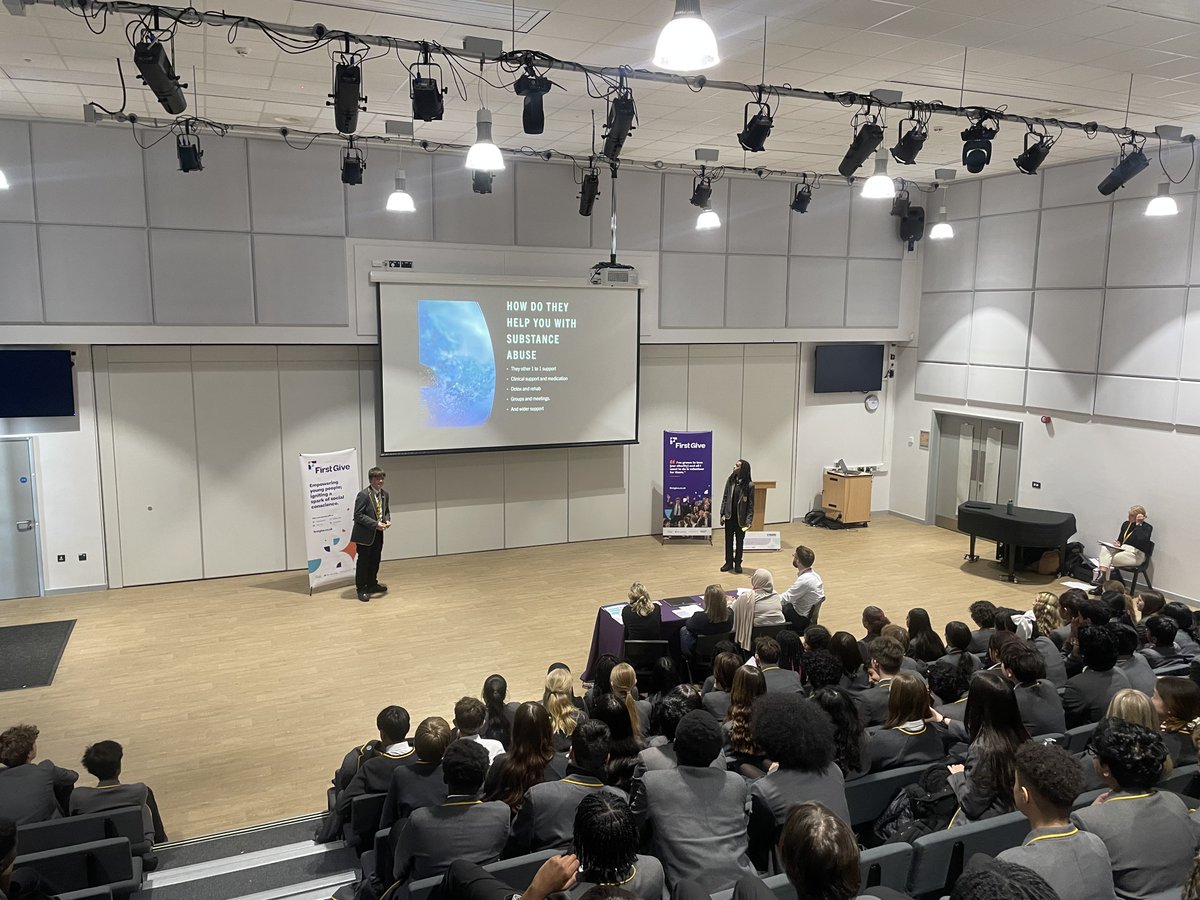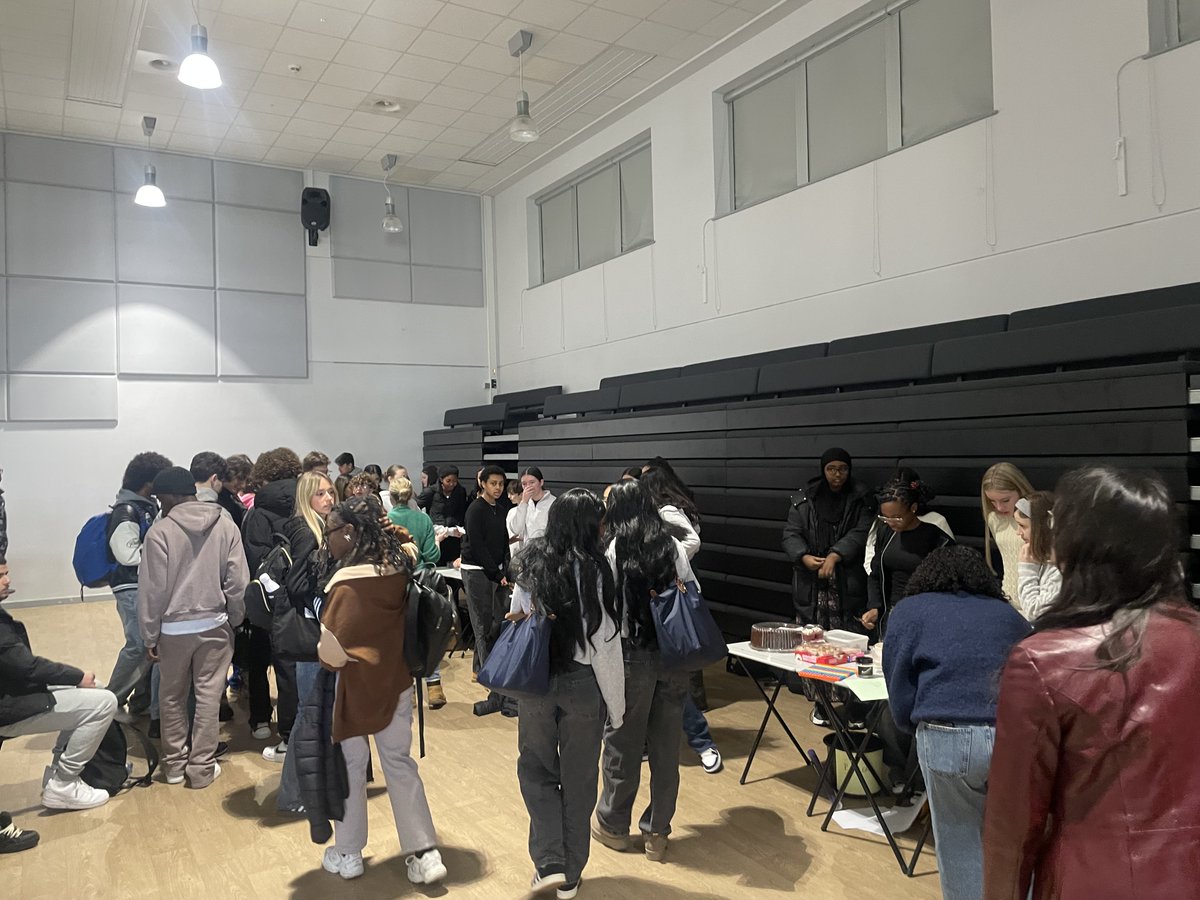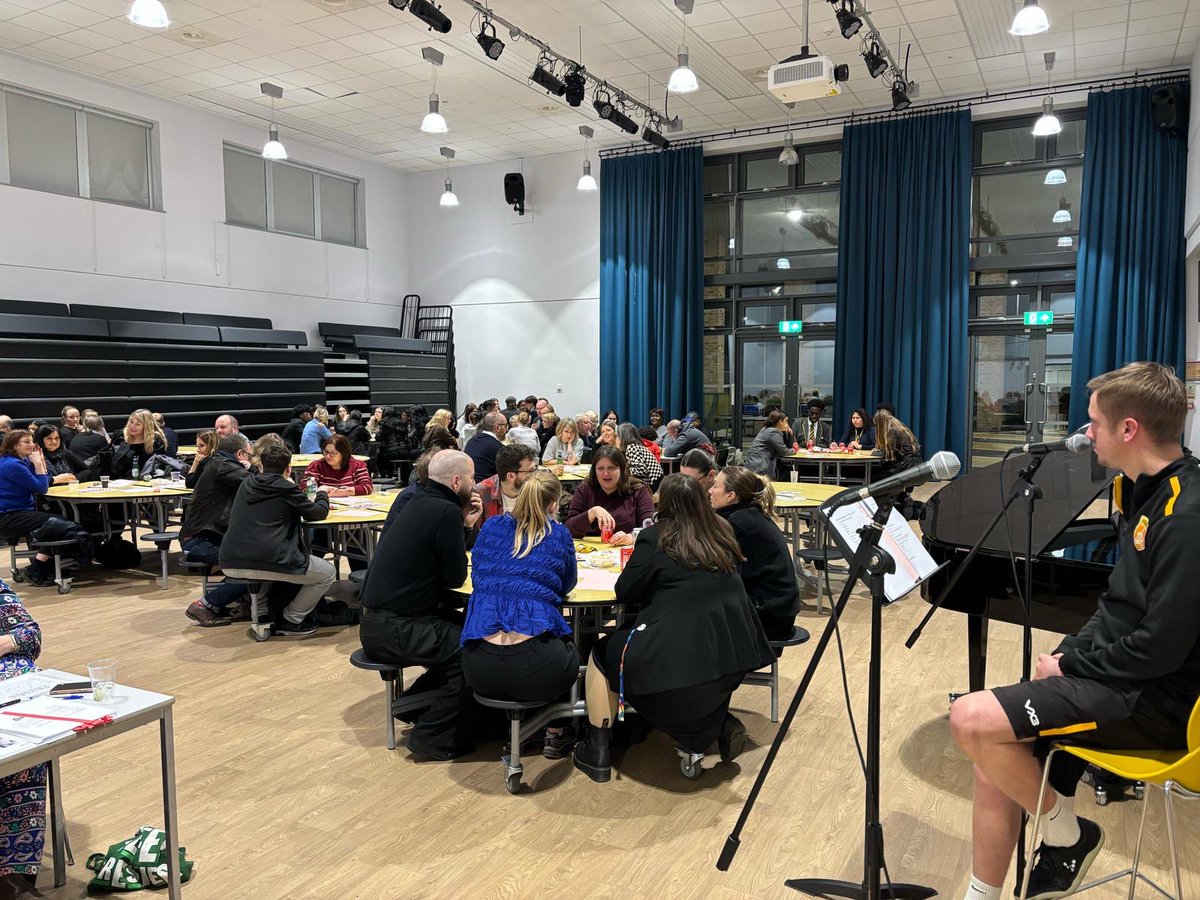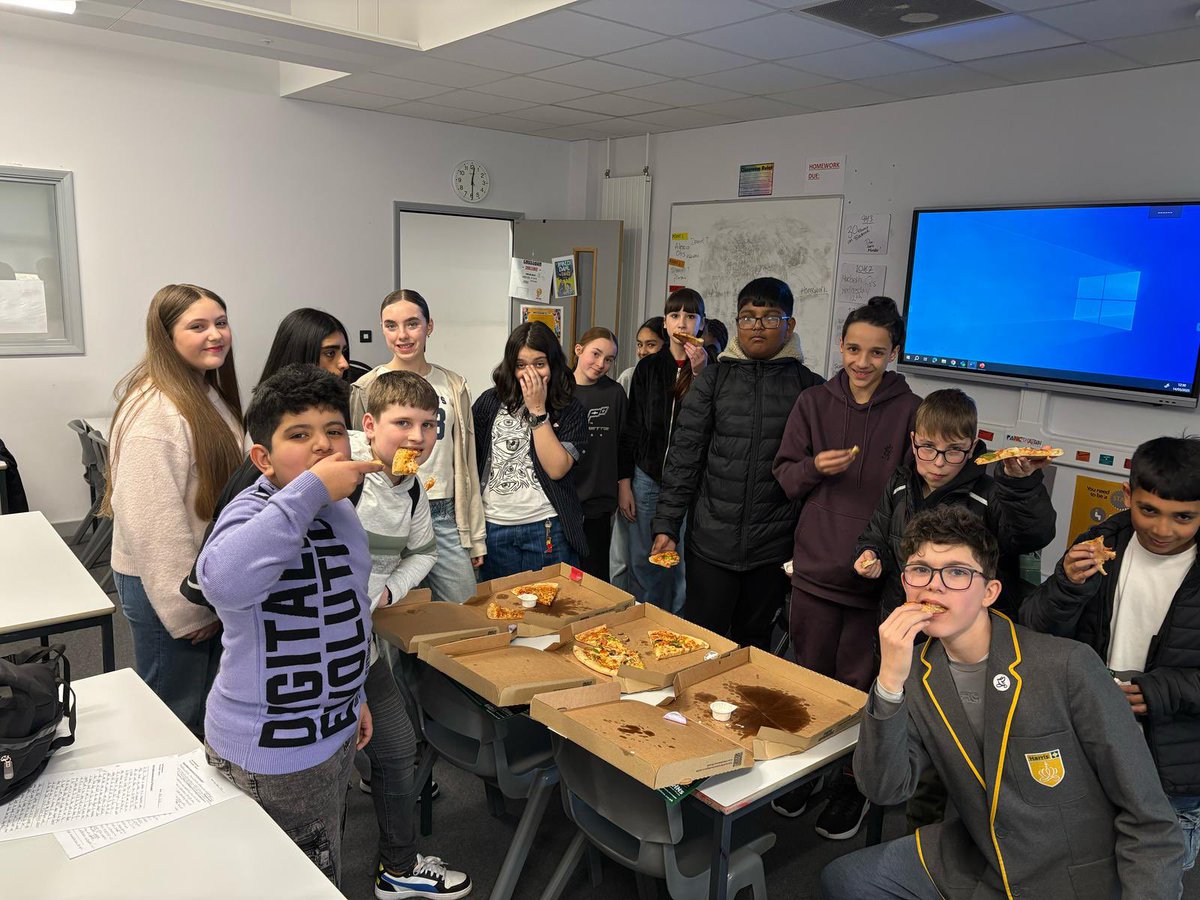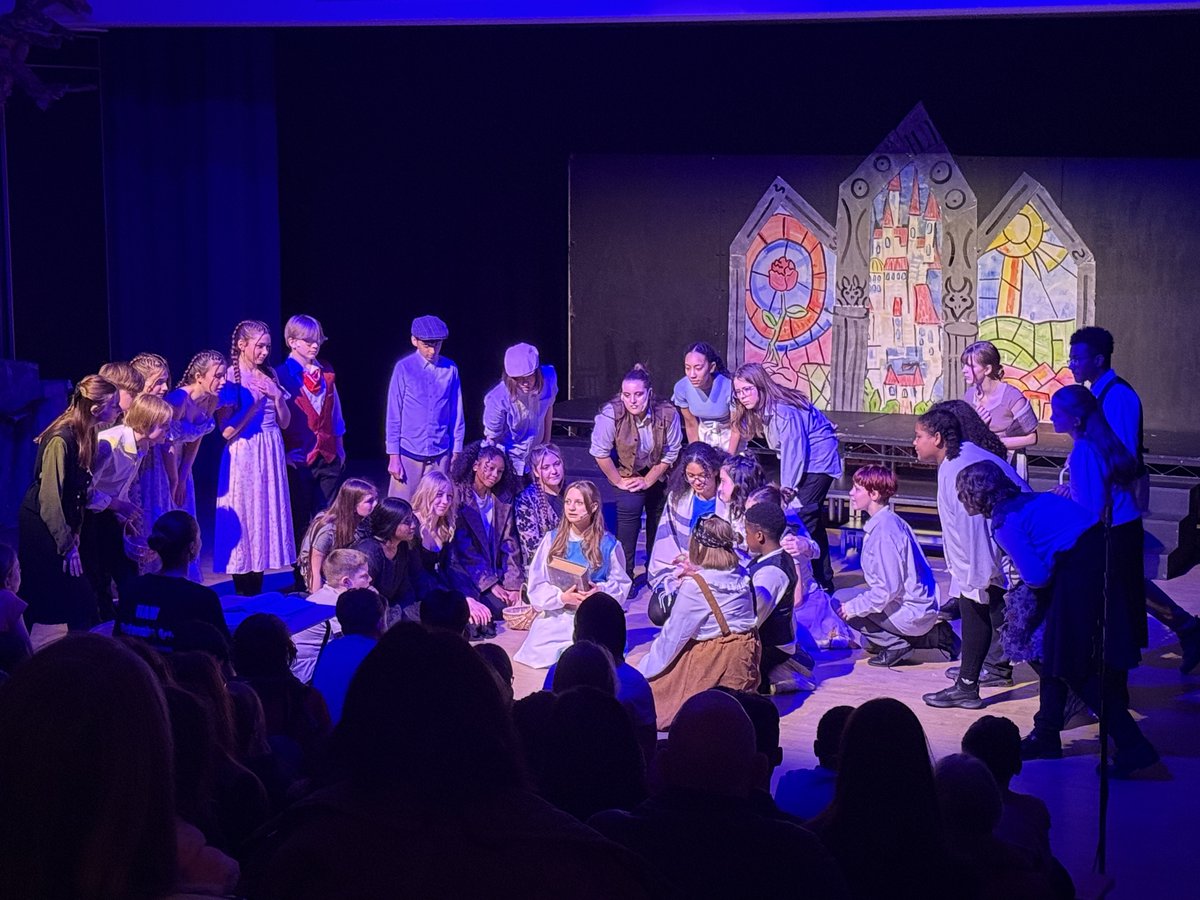Latin
What is Latin?
Latin was the language spoken by the Ancient Romans which then became the foundation of what we now call ‘Romance Languages’ – Spanish, Italian, Portuguese, French and many more. Latin challenges students to analyse the grammar, syntax and root meaning of words which strengthens their understanding of English. Latin equips students with the tools to read and understand original Latin texts. Through this, students unlock the ancient culture which pathed the way for the modern western world.
Why do we teach Latin at HAWI?
Learning Latin provides an opening to Roman culture and fosters students’ curiosity and understanding of the Classical World. Latin will enable students to understand ideas, thoughts and different aspects of life in the Roman Empire through translation and analysis of Latin texts. Latin is a stepping-stone for learning other modern foreign languages as well as enabling students to gain a deeper understanding of English. It also provides a strong foundation in linguistic and cultural competence, enabling students to break the boundaries of time and space and access knowledge and understanding of the ancient world, through reading and responding to its language and literature.
How do we teach Latin at HAWI?
Our Key Stage 3 curriculum follows the Cambridge Latin Course to introduce our students to Latin vocabulary and grammar centred around specific topics (e.g., Roman daily life, business, theatre and gladiators). This allows our students to delve into the Ancient Roman World, understanding their culture and way of living, whilst beginning to learn the Latin language. Our curriculum follows ‘Big Questions’ that challenge students to think across topics, Latin language and culture – a skill that prepares them for GCSE, A Level and further education in Latin, Classics and many other subjects.
Across Key Stage 3 and 4 our students develop powerful linguistic and analytical knowledge and skills that enable them to translate and analyse Latin texts. The importance of drawing on contextual knowledge during text analysis is a skill that students practice in Key Stage 3 and refine throughout Key Stage 4. As students progress into Key Stage 4 they tackle more complex grammar and syntax, equipping them with the knowledge to translate and analyse original Latin texts from authors such as Horace, Ovid and Virgil. By the end of Key Stage 4, students have a deep understanding of the language and culture of the Classical World.
How do we make Latin memorable at HAWI?
To complement Latin lessons at HAWI, our curriculum includes educational visits, lectures from external speakers and extracurricular opportunities that help bring Latin and the Ancient World to life. For Year 7, alongside learning about the Roman Baths in the Spring term, a trip to the Roman Baths in Bath allows students to see the magnificent building itself and hear from expert Classicists about how the Baths were an integral part of Roman social life. For Year 8, we strive to plan a trip to Pompeii, Italy to visit the town that was devastated by the eruption of Mount Vesuvius. In Year 9, focussing more on next steps and opportunities that come with a further education in Latin and Classics, we invite Classicists to HAWI to speak on their experiences with Latin and Classics and enlighten our students on the benefits of studying the Ancient World (e.g., in 2021 we had a lecture from Professor Edith Hall about her career and life as a Classicist). In addition to this, we have a longstanding relationship with King’s College School in which their Year 11 and Sixth Form students come to HAWI on Friday afternoons to run an extracurricular club that complements our curriculum and the needs of our students. Annually, we also attend the Latin Spelling Bee which takes place at Harris Chafford Hundred. This improves our students vocabulary knowledge whilst enabling them to network with peers and avid Classicists.
Please click here for Year 7 curriculum guide
Please click here for Year 8 curriculum guide
Please click here for Year 9 curriculum guide


